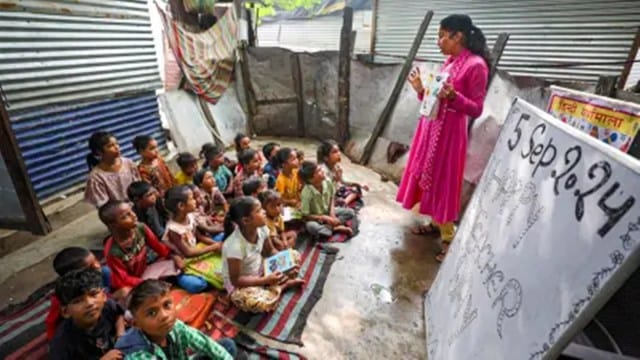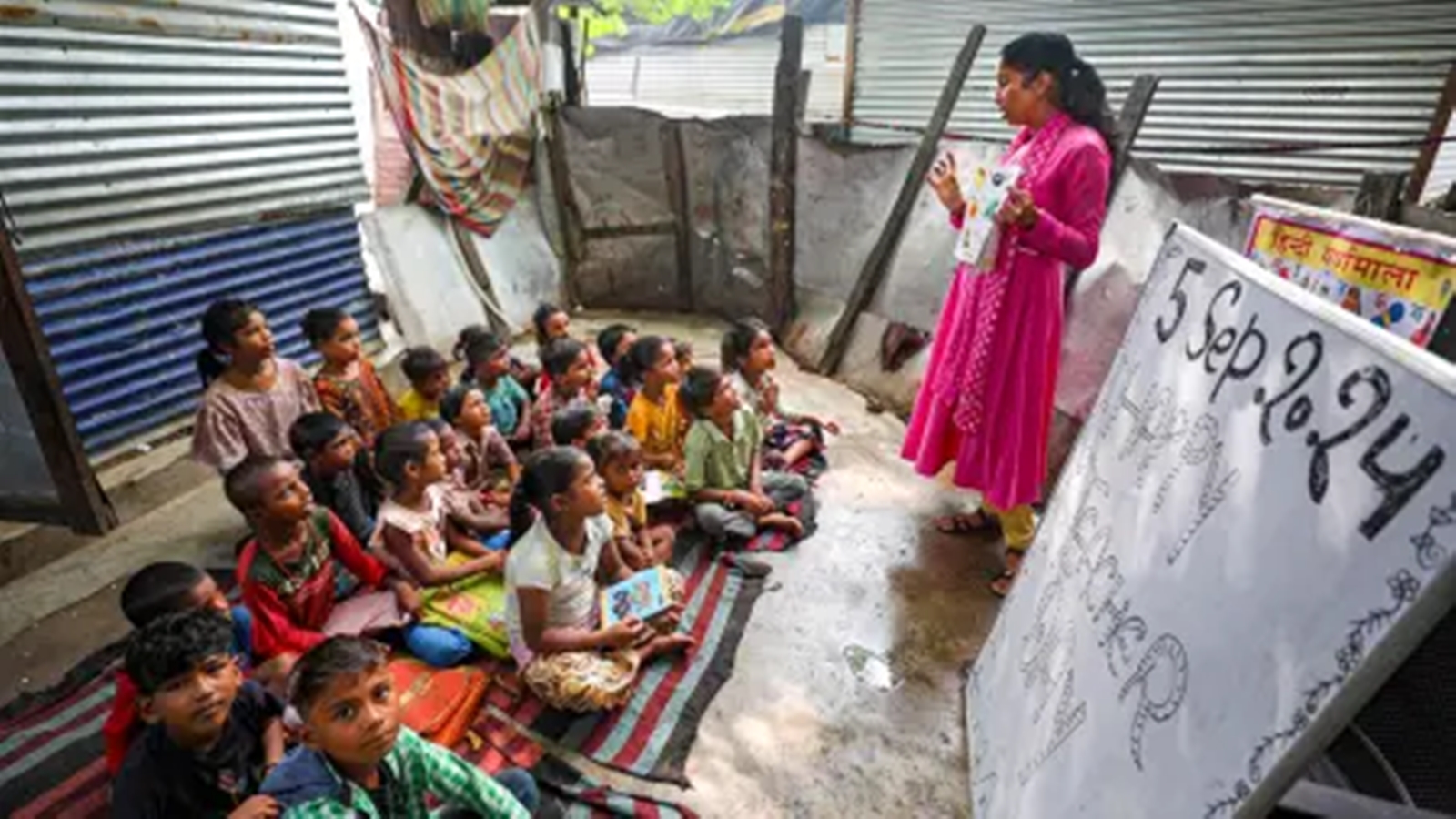
Even though I continue to receive wonderful messages from my students on Teachers’ Day, it is difficult for me to say that we are sincere about the vocation of teaching. Instead, the harsh reality is that the art of teaching — if by teaching, we mean something more than the routinised act of completing the official syllabus, conducting exams and grading students — is in deep crisis. Accept it: The societal craving for instrumental/strategic learning and instant success has led to the mushrooming growth of the coaching factory, devaluation of schools as creative sites of learning, and marginalisation of those teachers for whom education, far from being a mere training in science and mathematics for hugely problematic standardised tests, has a higher and nobler meaning. Likewise, even in our “top ranking” universities, we have created a false duality/hierarchy — research vs teaching. The professors who manufacture “research papers” give more importance to “international conferences”, and thereby miss classroom interactions with young minds and are seen to be more valuable than those who “merely” teach! In other words, it is becoming increasingly difficult to convince this society that the art of teaching is a serious engagement, and has a higher purpose.
Yet, amid the systematic devaluation of the vocation of teaching, I feel like articulating what might be considered “impractical” ideals. If we dare to see beyond the vices of market fundamentalism, technocratic reasoning and hyper-nationalism, and realise the necessity of libertarian education, we must attach great importance to the vocation. Yes, to create a humane/egalitarian/ecologically sensitive society, our teachers need to rediscover themselves as “transformative intellectuals”. In this context, as we celebrate Teachers’ Day, I wish to stress three important challenges we as teachers need to take seriously.
First, we need to nurture and sharpen the spirit of the democratic mind of the new generation. In fact, to celebrate democracy is to internalise the power of dialogue — dialogue as symmetrical conversations and the art of listening; dialogue as the ability to resist authoritarian and narcissistic impulses, and live with differences and plurality of perspectives; or dialogue as the skill of conflict resolution in a non-violent way. And this quality of being has to be learned; it is no less important than learning geometry and English grammar. Unless as teachers, we question the existing logic of power and surveillance in the classroom, encourage our students to overcome the culture of silence, trust their creative agency and critical thinking, we will not be able to sow the seeds of democracy in our classrooms. No matter whether we teach physics or history, the quality of our engagement with young students will play a key role in shaping the fate of our democracy.
Second, as violence is normalised and even sanctified in the name of xenophobic nationalism, hyper-masculine identities and militant identity politics, it is equally important on our part to engage with young minds in a way that we begin to realise and practice the therapeutic power of love and empathy. Only then is it possible to see the limits to the binaries this violent society has created — masculine vs feminine; particularism vs universalism; or, cultural rootedness vs oceanic confluence of traditions. Yes, it is high time we began to accept that this lesson of love, togetherness and peace is no less important than information technology, robotics and artificial intelligence.
And third, it would be naïve to underestimate the devastating consequences of the psychology of greed and profit implicit in the discourse of neoliberalism, or reckless techno-economic “development”. As it is becoming increasingly clear, the danger of climate crisis, far from being science fiction, is here and now, amongst us. Hence, it is important that the new generation receives the kind of education that motivates them to alter their life projects, resist the temptation of conspicuous consumption, and rediscover the organic connectedness between the human species and the natural ecosystem. As teachers, are we ready to accept this challenge, and urge young minds to see the meaning of life-affirming education beyond the neoliberal mythologies of “placements and salary packages”?
My intention is not to say that the teachers are endowed with a set of superhuman qualities, and they alone can accomplish this revolutionary task. As an insider, I am aware of the terrible conditions under which most of us are compelled to work. Imagine the fate of a government school teacher managing the economics of the midday meal, routinely doing election/census duty, and teaching in a non-hygenic over-crowded classroom. Think of the intensity of mental stress the group of guest lecturers and ad-hoc teachers experience in our colleges and universities. Or, imagine the corruption and/or political nepotism implicit in the recruitment of teachers and even vice-chancellors.
Yes, it is important for us to fight — and fight consistently and rigorously — to save education and create an enabling environment for engaged pedagogy and meaningful research. But then, our struggle will acquire a qualitatively new meaning if we begin to value and respect our worth as transformative intellectuals — not docile technicians.
The writer taught Sociology at JNU for more than three decades
© The Indian Express Pvt Ltd
First uploaded on: 05-09-2024 at 12:58 IST



